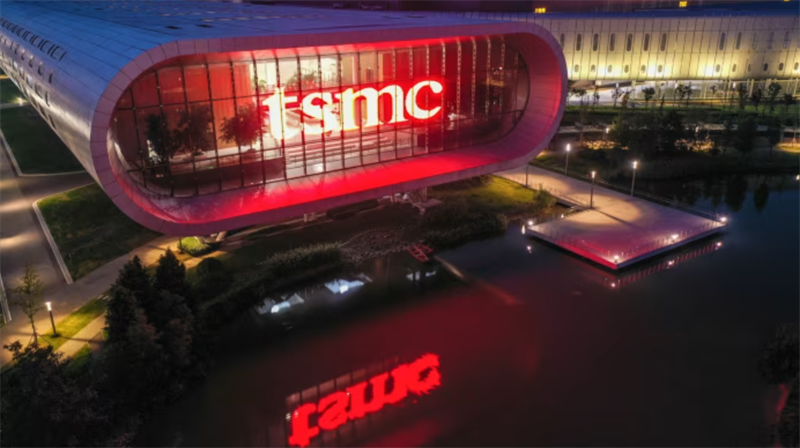On October 28, 2025, as the global race for sub-2nm semiconductor leadership intensifies, Intel is reportedly preparing to bring on former TSMC Senior Vice President of Corporate Strategy Development Wei-Jen Lo to lead its advanced process R&D efforts, according to reports from Liberty Times, Commercial Times, and CommonWealth Magazine.
The news has drawn widespread attention across the semiconductor industry, as Lo—who retired from TSMC in July after 21 years of service—is regarded as one of the company’s most influential figures in process technology development. Industry insiders say Lo, now 75, could play a critical role in advancing Intel’s 18A and 14A nodes, both central to the company’s bid to regain foundry leadership.
Lo’s potential move would mark not a new appointment but a return to Intel. Before joining TSMC in 2004, he worked at Intel as Director of Advanced Technology Development and General Manager of the CTM Fab in Santa Clara, California, overseeing CPU manufacturing operations and gaining extensive experience in advanced process technologies.

During his two decades at TSMC, Lo led teams that secured more than 1,500 global patents—including about 1,000 in the U.S.—and drove breakthroughs in key manufacturing processes. He introduced High-K metal gate (HKMG) technology at the 28nm node, a milestone that helped TSMC overtake its rivals. In recognition of his contributions, TSMC founder Morris Chang awarded him the company’s highest internal distinction, the TSMC Medal of Honor, in 2011.
Lo also played a pivotal role in establishing TSMC’s 24/7 R&D operation model and its “One-Team” collaboration framework, which accelerated the company’s ability to commercialize cutting-edge technologies such as EUV lithography and the mass production of 5nm, 3nm, and 2nm nodes.
Industry reports note that Lo’s long-standing relationship with Chang and his U.S. citizenship could complicate any potential legal action from TSMC, as non-compete clauses may be difficult to enforce. Both TSMC and Intel have declined to comment on the reports.
Analysts say that while Lo’s technical expertise and leadership could help Intel speed up its 18A and 14A process ramp-up, foundry development remains a team effort, and his individual impact may be limited. Still, the symbolism of a veteran TSMC leader joining a U.S. rival underscores the intensifying competition among TSMC, Intel, and Samsung—currently the only three chipmakers capable of producing 2nm-class semiconductors.
Intel’s 18A node recently entered volume production for its upcoming Panther Lake processors, although the graphics and I/O tiles for the chip continue to rely on TSMC’s N3E and N6 processes.
+86 191 9627 2716
+86 181 7379 0595
8:30 a.m. to 5:30 p.m., Monday to Friday
